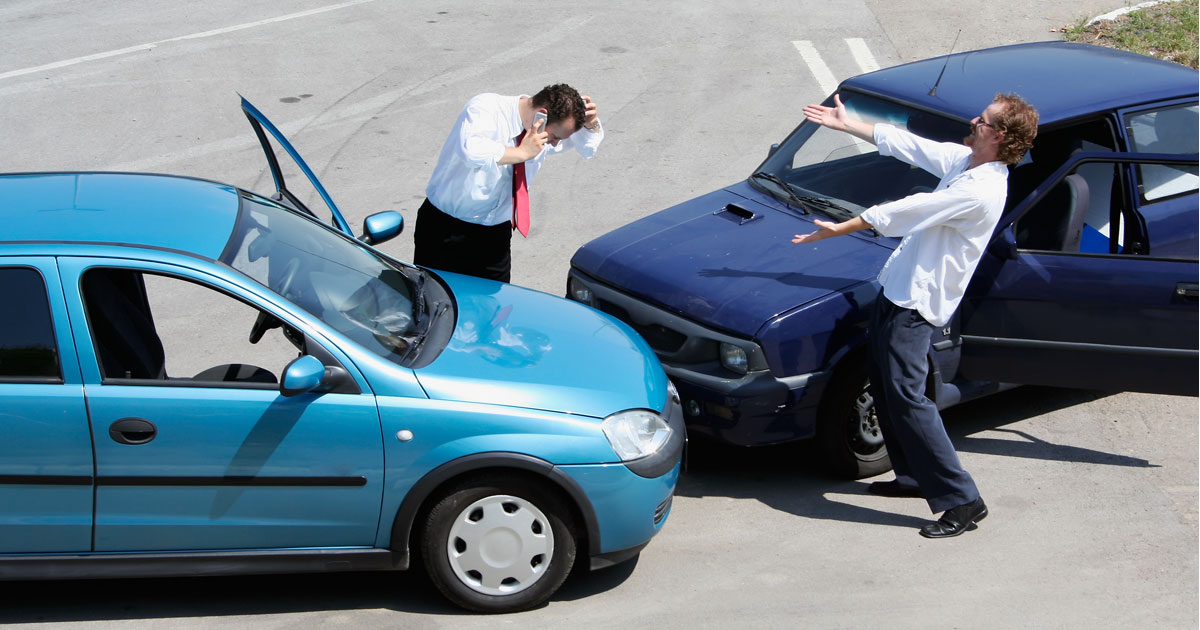Who Is Liable for a Left-Hand Turn Accident?

The aftermath of a left-hand turn accident can be confusing and overwhelming. Determining liability in these cases requires thoroughly understanding traffic laws and legal principles. First things first: which driver had the right of way?
Who Has the Right of Way in a Left-Hand Turn Situation?
Generally, vehicles traveling straight through an intersection have the right of way over vehicles making left-hand turns. This means that the driver turning left must yield to oncoming traffic. Still, exceptions exist, such as when the oncoming vehicle is speeding or runs a red light. When those happen, liability may shift to the driver violating traffic laws.
What Factors Determine Liability in a Left-Hand Turn Accident?
Courts typically consider the following when determining liability:
- Speed: Was either driver exceeding the speed limit or driving recklessly?
- Visibility: Did obstructions, such as parked cars or foliage, impair the visibility of either driver?
- Turn signals: Did the driver making the left-hand turn properly signal their intention to turn?
- Intersection control: Did traffic lights control the intersection or stop signs, and did either driver comply with these signals?
- Distracted driving: Were the drivers distracted by electronic devices, passengers, or something else?
- Weather conditions: Did weather conditions like rain or fog contribute to the accident?
Courts analyze these factors to determine whether one or both drivers acted negligently or violated traffic laws and assign liability accordingly.
What Legal Principles Apply to Left-Hand Turn Accidents?
The legal principle of negligence often governs left-hand turn accidents. In legal terms, negligence occurs when a person fails to exercise reasonable care, resulting in harm to another person or property. To establish negligence in a left-hand turn accident case, these elements must be proven:
- Duty of care: Each driver owes a duty of care to others on the road, including the obligation to operate their vehicle safely and by traffic laws.
- Breach of duty: One or both drivers breached their duty of care by failing to exercise reasonable caution while making a left-hand turn.
- Causation: The breach of duty directly caused the accident and resulted in injuries or damages.
- Damages: The injured party suffered actual harm – physical injuries, property damage, or financial losses, due to the accident.
Courts assess these elements based on the evidence presented. The latter can include witness testimony, accident reconstruction reports, and surveillance footage.
It is important to note that Washington, D.C. follows the legal principle of contributory negligence. This means that if a party is found to have contributed in any way to the accident, even if it is a small percentage of fault, they may not be able to recover damages from the other party.
How Can I Protect My Rights After a Left-Hand Turn Accident?
Certain steps can protect your rights and strengthen your potential claim after a left-hand turn accident. Call emergency services and wait for help to arrive while checking for injuries. Even if you seem unharmed, it is best to undergo a medical evaluation to document any injuries. If possible, take photographs of the accident scene, including vehicle positions, skid marks, and traffic signals. Collect contact information from the other driver and witnesses who observed the accident. An experienced attorney can review your case, advise you of your legal options, and manage your claim.
Contact Our Washington, D.C. Car Accident Lawyers at the Law Offices of Duane O. King for Legal Help After a Left-Hand Turn Crash
For legal assistance with a left-hand turn accident case, turn to the Law Offices of Duane O. King. Our skilled Washington, D.C. car accident lawyers advocate for accident survivors and their families. Submit our online form or call 202-331-1963 for a free consultation. Located in Washington, D.C., National Harbor, MD, and Falls Church, Virginia, we serve clients in Prince George’s County, including Laurel, Beltsville, Adelphi, College Park, Greenbelt, Mitchellville, Woodmore, Greater Upper Marlboro, Springdale, Largo, Bowie, Capitol Heights, District Heights, Forestville, Suitland, Seat Pleasant, Clinton, Oxon Hill, Temple Hills, and Fort Washington.
